Оур Енвиронментал
Мисија
Мисија
Fully sustainable, high quality packaging for your products
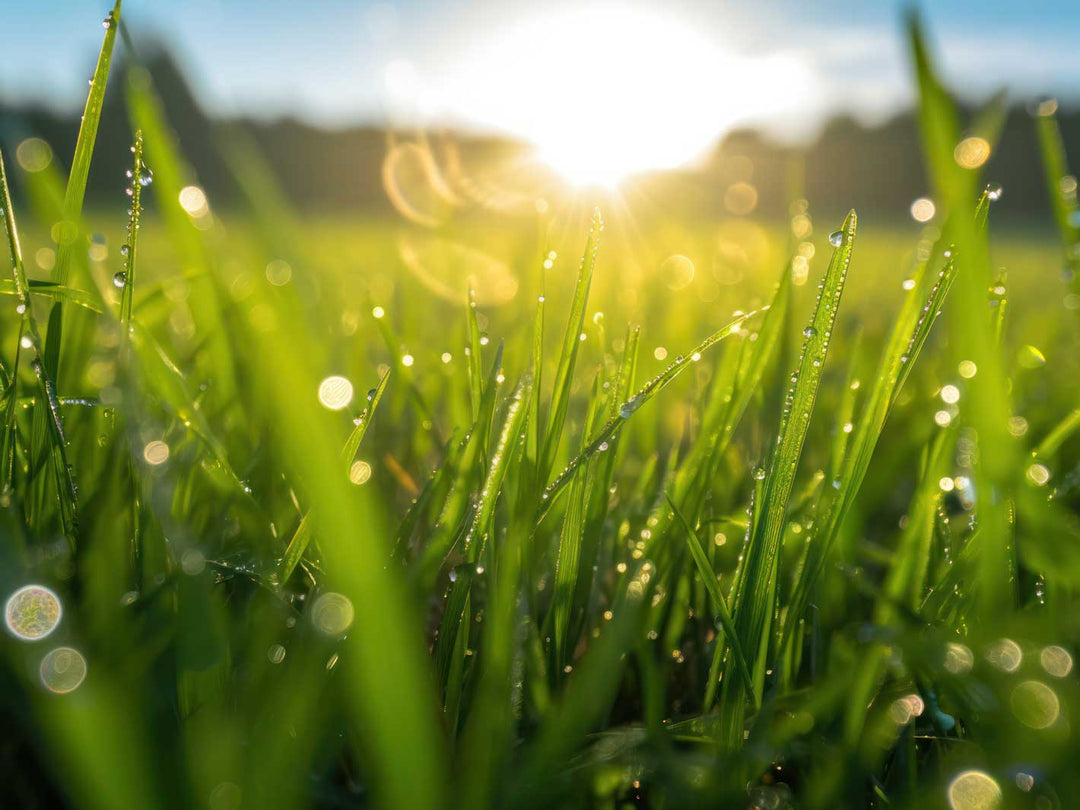
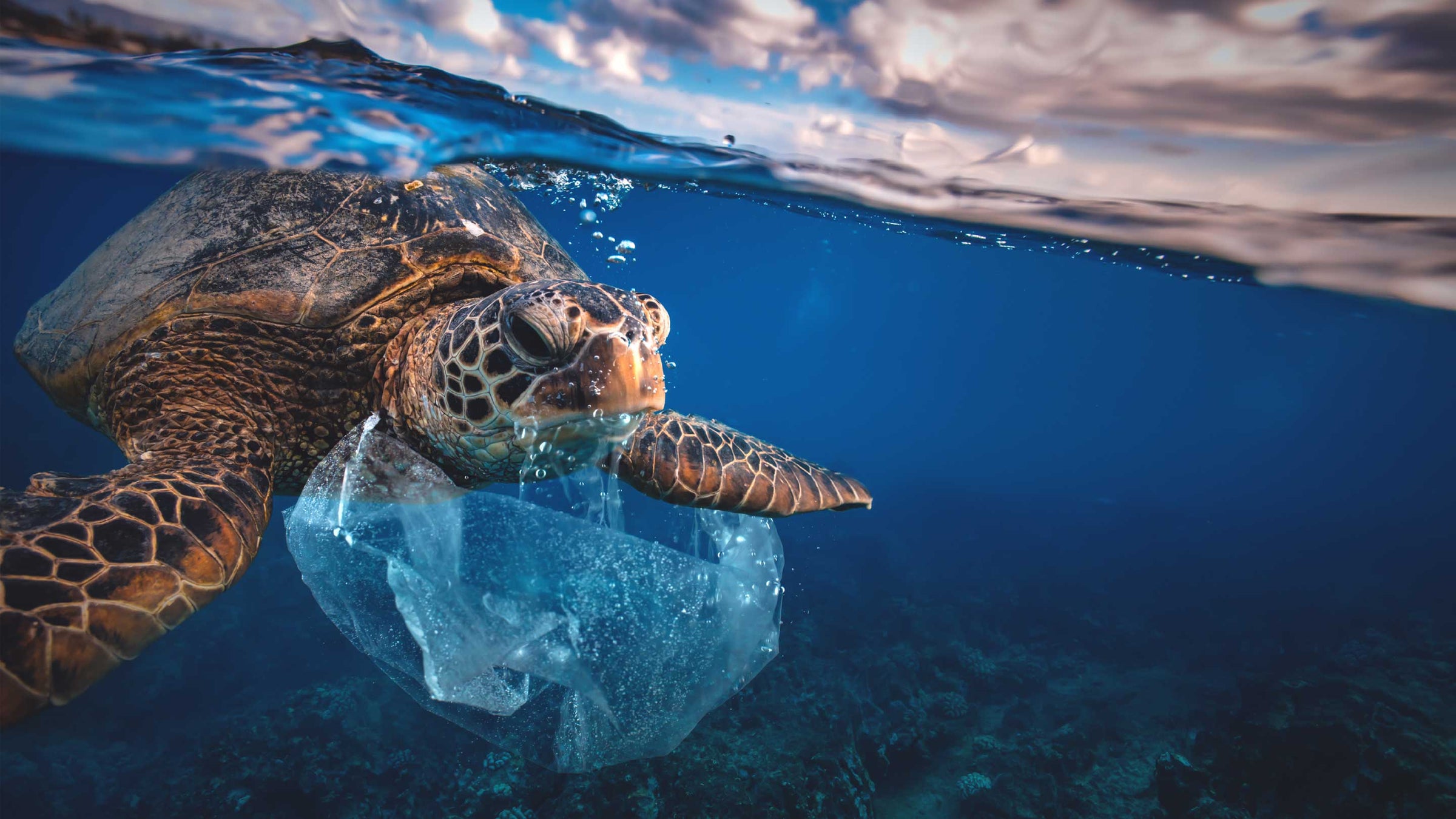
Single use plastics have no place in our business. We only invest in long-term solutions for the world.
Are you curious about what materials are used in our packaging? Here's everything you need to know
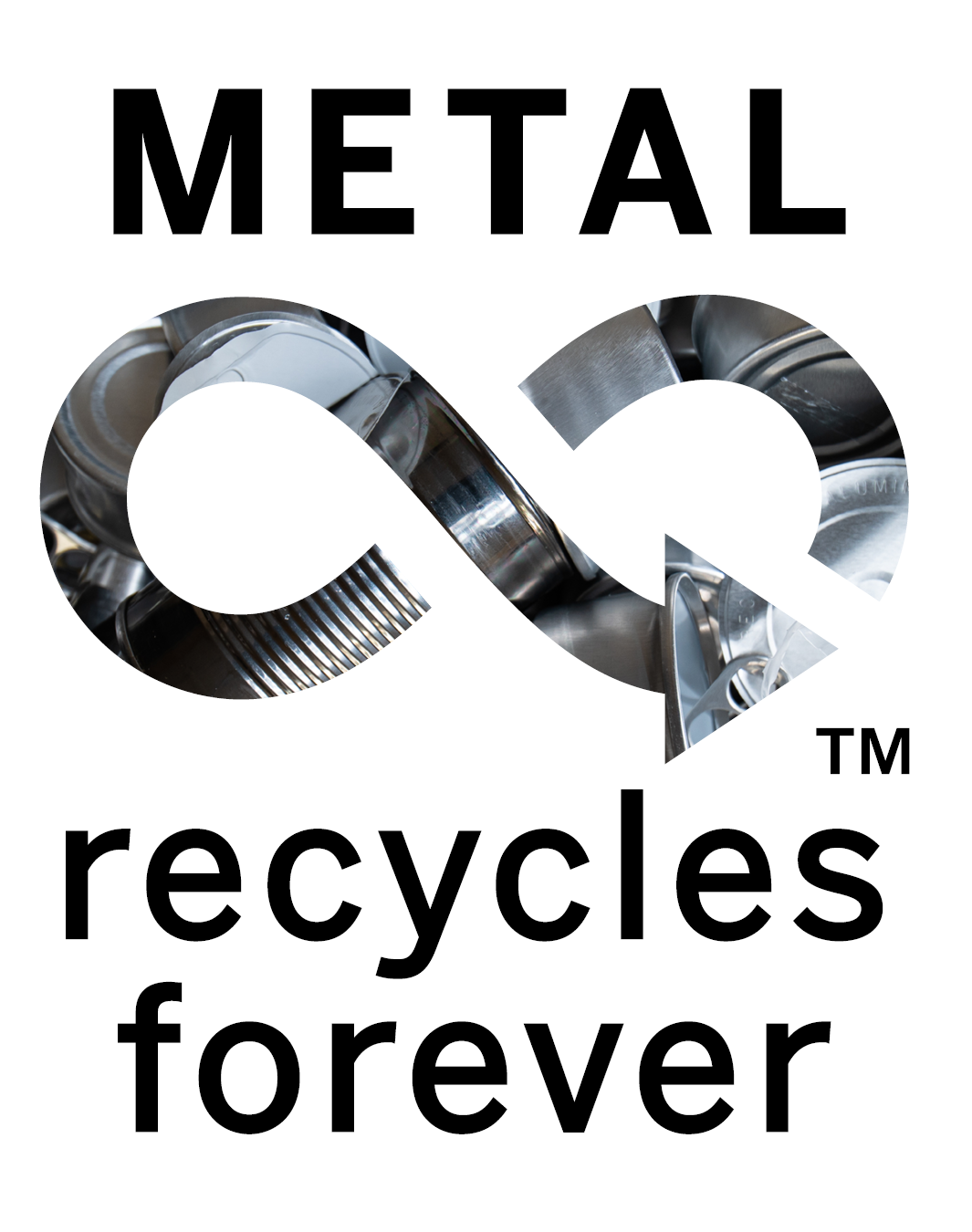
Our metal packaging contains a significant amount of recycled material. This is typical of most steel as it is cheaper to use recycled material than to use virgin metal, unlike plastic which is more expensive to recycle and less readily available.
Unfortunately there is not a large enough supply of scrap metal to create packaging made from 100% recycled materials.
At 79%1, metal packaging has the highest recycling rates for any material in Europe. However, to create a fully circular model, more material is required. Businesses can contribute to this change by encouraging customers to refill or recycle any metal packaging used.
Despite the challenges, due to unique advantages, metal is seen as critical to the future of the packaging industry. It will never degrade and as such can constantly be recycled. 80% of all produced metal is still readily available for use2.
All of our cardboard packaging is officially classified as FSC mixed sources. 30% comes from FSC managed woods or reclaimed woods and 70% is recycled material.
Sourcing materials from FSC managed woods guarantees zero deforestation as a result of products being manufactured. It maintains biodiversity, protects animals, and preserves trees that have been on this earth for hundreds of years. It helps indigenous people too and ensures safety as well as fair wages for workers.
Carbon locked in the trees is stored in the packaging, removing it from the carbon cycle. More trees are planted to replace those harvested, resulting in more CO2 leaving the atmosphere.
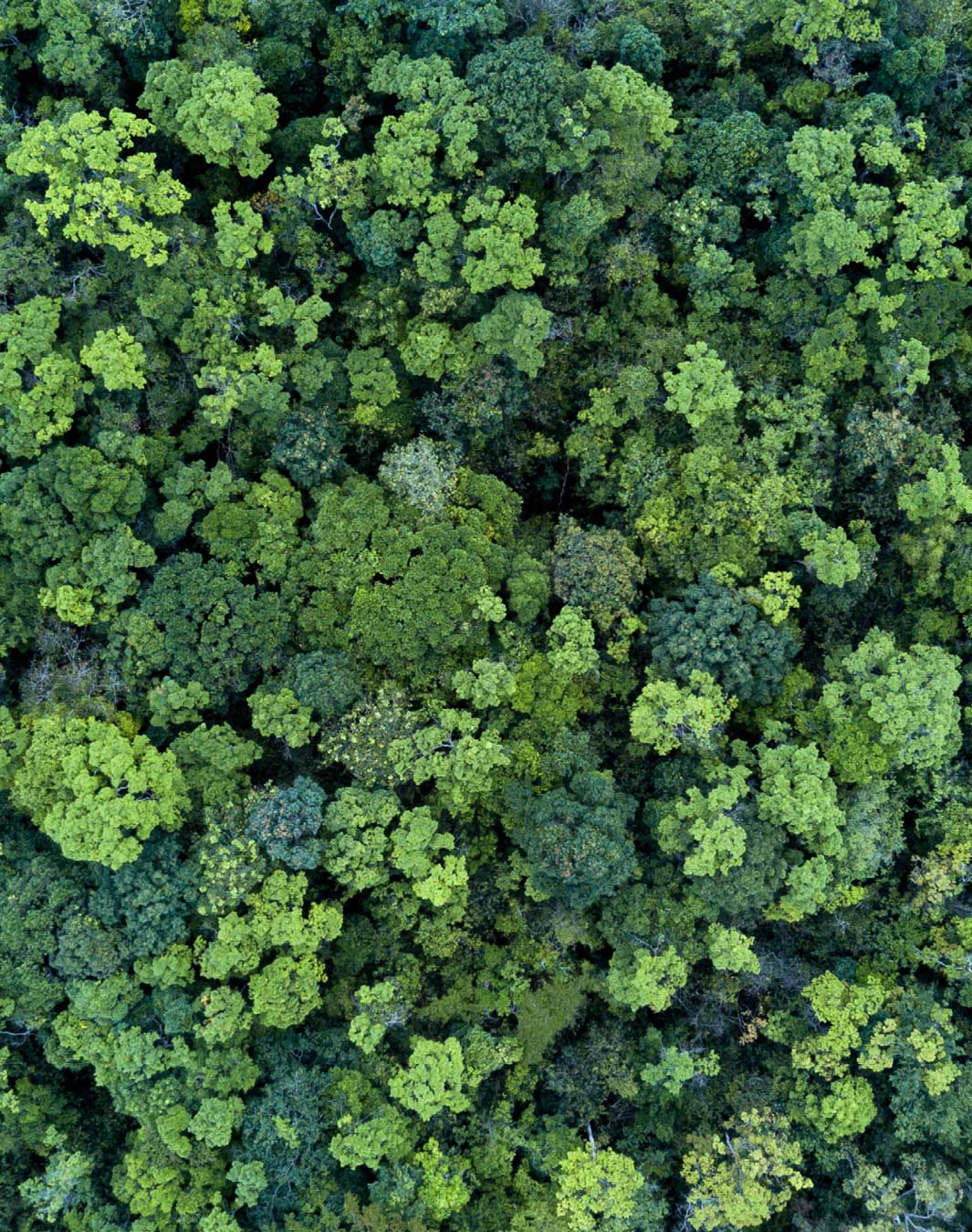
As part of the SME Climate Hube, we are working hard to reduce our emissions with scope 1 and 2 emissions expected to be net zero by or before 2030.
Scope 3 emissions are those associated with our suppliers and supply chain and we anticipate these to be net zero by 2045.
On average a cardboard tube or metal tin weighing 50 g results in 0.08 kg CO2e which breaks down as:
All of our transport emissions are offset through our One Tree Planted membership. This does not include deliveries to clients like you. That’s why we strive to only work with carbon neutral delivery services to avoid a rise in emissions. Any emissions as a result of FSC sourcing are also not currently quantifiable.
However, our producers are constantly working towards their own carbon neutral goals. Green steel operations will be possible in the future thanks to investments in new technology and equipment.
Carbon neutral packaging currently remains a theoretical objective. To achieve this status, all emissions must be offset. To do this, you would need to plant one tree for every 3600 tins or cardboard tube packaging purchased from our store. Countless schemes exist that will help you with this objective.
Alternatively, you could focus on encouraging customers to recycle. High recycling rates will save 70% of emissions that are required to create new materials.
Remember, the packaging we sell is robust and durable. It can be reused, recycled, and repurposed. Our stand up pouch packaging is also fully compostable and benefits the surrounding earth when it degrades.
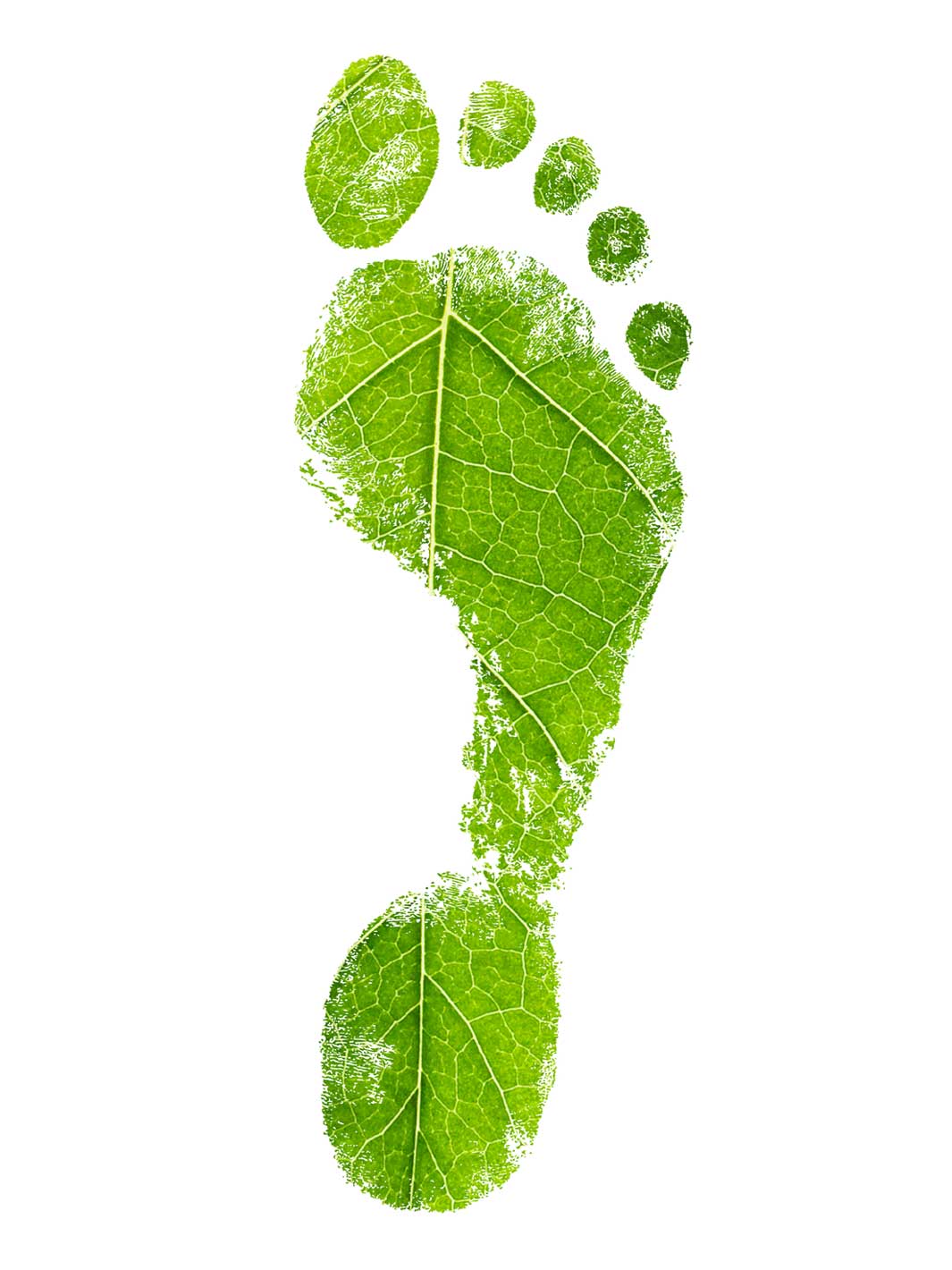
Start your packaging journey today by telling us what you need. We’ll deliver the perfect packaging for any product.
Contact us now to learn more.
Source
Carbon emission figures calculated using the GHG protocol accounting and 2030.
Targets are aligned with the UNFCCC Race to Net-Zero and use the Science Based Targets initiative (SBTi)
1 Source MPMA
2 Source APEAL
3 Estimated carbon yields provided by the Woodland Trust which calculates 4 trees = 1 Woodland Carbon Unit.